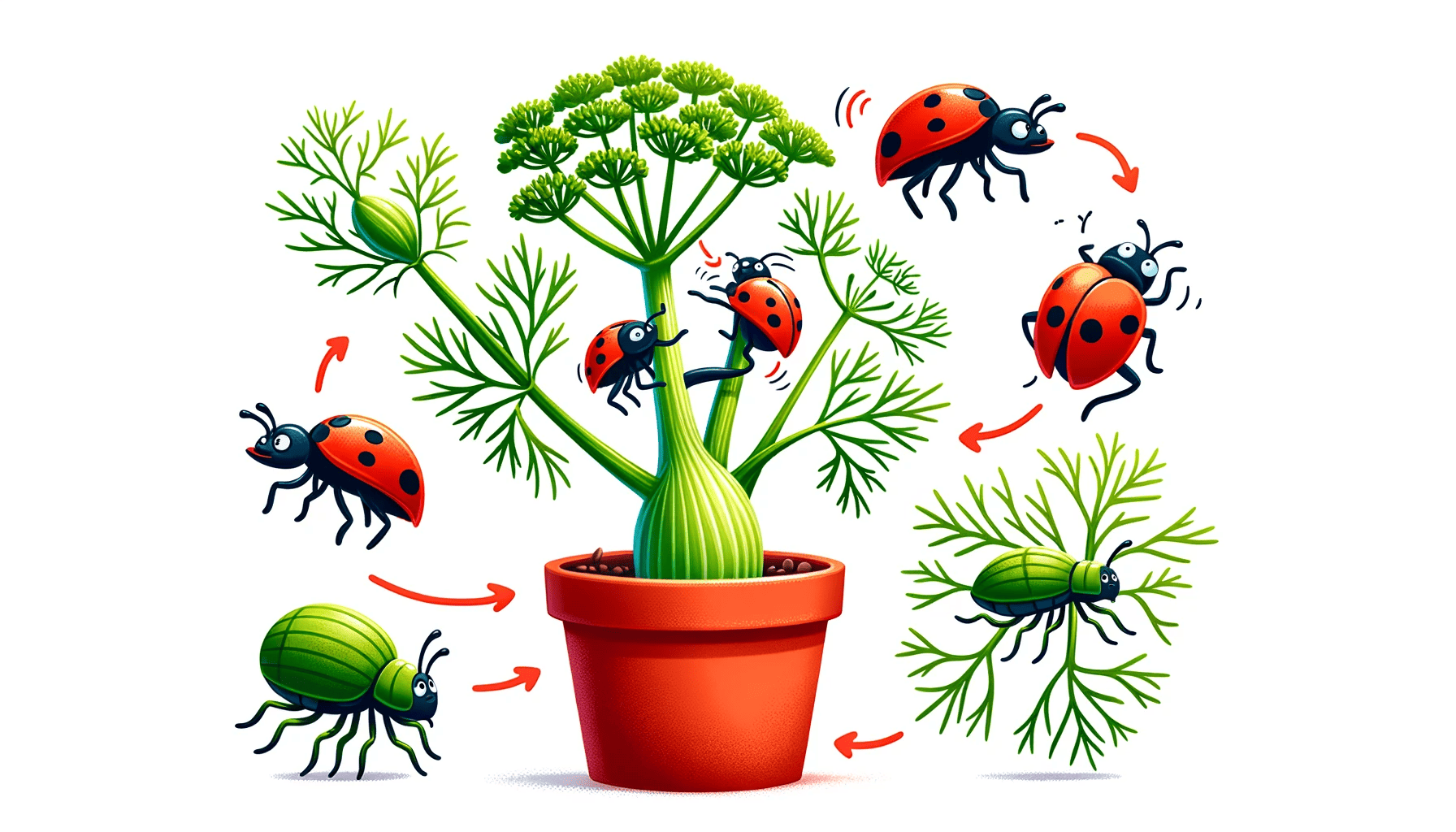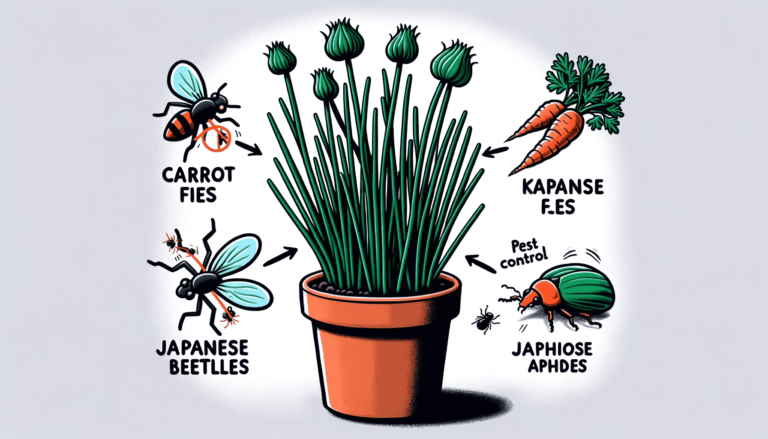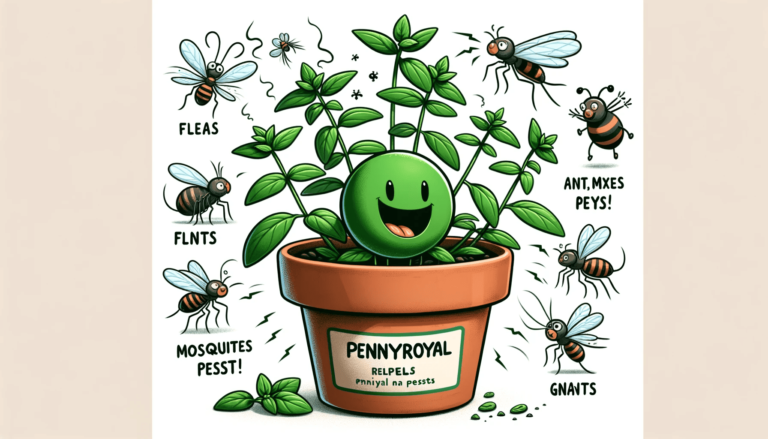Fennel: Unveiling Its Hidden Talent as a Natural Insect Repellent
Fennel, commonly celebrated for its culinary versatility, hides a lesser-known talent that’s just as remarkable. Beneath its feathery leaves and distinct anise flavor lies a potent natural defense against pesky insects.
Not only does it add a flavorful twist to our dishes, but it also emerges as a formidable, eco-friendly warrior in our ongoing battle against bugs.
Join us as we explore how this unassuming kitchen staple is making waves in the world of natural pest control, offering a fragrant solution to keep those unwanted guests at bay.
What’s Special About Fennel?
Fennel, known scientifically as Foeniculum vulgare, offers a unique blend of culinary delight and practical utility.
Originating from the Mediterranean, this herb boasts a mild licorice aroma that’s as pleasing to us as it is uninviting to insects.
Fennel: The Garden’s Natural Insect Fighter
Fennel: A Versatile Herb in Pest Control: Beyond its role in the kitchen, fennel is a robust ally against garden pests. It’s particularly effective in repelling aphids, slugs, and snails, making it a dual-purpose herb—great for recipes and for maintaining a pest-free garden.
The Insect Repelling Mechanism of Fennel: Fennel’s secret lies in its strong, anise-like aroma. While we might find it appealing, many insects don’t, making it a top choice for natural pest control.
Why Consider Fennel for Insect Repellent?
The essential oils in fennel are the secret weapons against insects. When compared to well-known repellents like citronella and geranium oils, fennel holds its own.
Research shows fennel oil formulations can significantly ward off mosquitoes – think up to 84% effectiveness!
Fennel Oil: A Natural Alternative
In an age where we’re leaning towards eco-friendly options, fennel oil emerges as a standout. It’s not just effective; it’s also a greener choice compared to synthetic repellents.
Growing Fennel Indoors for Pest Management: Integrating fennel into your indoor garden isn’t just about its aromatic appeal. It thrives in well-drained soil and requires ample sunlight. A pot of fennel can be a natural deterrent against indoor insects.
Crafting Your Own Fennel Repellent
Ready to experiment? Making your own fennel-based repellent is simpler than you think. You’ll need to extract the oil and then mix it into a base – be it a cream or a spray.
Utilizing Fennel Beyond the Kitchen: Fennel’s fronds can protect other plants from pests or be used in natural repellent sprays, showcasing its versatility beyond culinary uses.
Integrating Fennel into a Comprehensive Pest Control Plan
How does fennel stack up against other natural options? It’s right up there in terms of effectiveness.
While fennel is effective on its own, combining it with other natural methods can boost your pest control strategy.
Connecting to a Broader Natural Pest Control Strategy: Fennel’s role extends beyond individual use. For more insights into natural pest management, exploring resources like “27 Indoor Plants Great for Pest Control” can be enlightening.
Conclusion
Fennel is more than just a culinary herb. Its potential as a natural insect repellent and a key player in pest control is both exciting and promising.
Its presence in your home serves multiple purposes: adding flavor to dishes and contributing to a healthier, insect-free environment.
So, next time you use fennel in your cooking, remember its dual role in your kitchen and garden.






